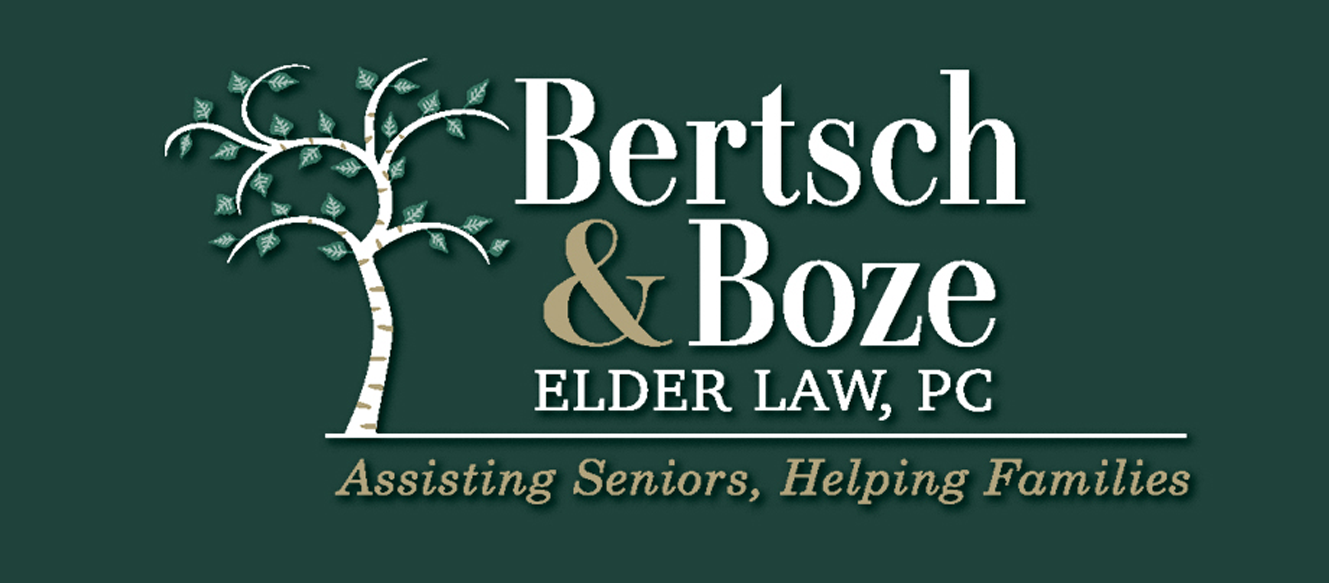How Special Needs Trust Lawyers Manage Complex Cases
This article explores the critical role special needs trust lawyers play in managing complex cases. By navigating multifaceted legal environments, these professionals ensure the protection and proper administration of financial resources for individuals with special needs. We will delve into the specific strategies, challenges, and considerations encountered in this unique legal field.
Understanding the Role of Special Needs Trust Lawyers
Defining Special Needs Trusts
Special needs trusts are legal arrangements that allow individuals with disabilities to receive income without jeopardizing their eligibility for public assistance. Such trusts ensure that individuals continue to receive benefits from government programs like Medicaid and Supplemental Security Income (SSI), while providing additional financial support for their needs. Special needs trusts are crucial for maintaining the quality of life for beneficiaries, allowing them to access services not covered by government programs. Special needs trust lawyers play a pivotal role in establishing and administering these trusts to ensure compliance and effectiveness. The lawyers work closely with families to understand the unique needs of the beneficiary, thus customizing the trust accordingly.
The Importance of Legal Expertise
The complexities involved in managing special needs trusts necessitate a high level of legal expertise. Lawyers specializing in this field must be well-versed in both federal and state regulations to ensure the trust complies and balances financial support with public benefits eligibility. Legal expertise ensures that the rights and assets of the beneficiary are secured while mitigating potential risks. Special needs trust lawyers frequently update their knowledge to adapt to legislative changes and new legal precedents. Their expertise not only aids in creating effective trust structures but also provides peace of mind to families and beneficiaries.
Key Duties and Responsibilities
The responsibilities of special needs trust lawyers extend beyond establishing a trust, as they include continuous management and legal support. Central duties encompass researching and applying relevant laws, drafting trust documents, and ensuring fiduciary compliance. Lawyers also collaborate with financial advisors and family members to develop investment strategies that align with the beneficiary’s needs. These duties require a combination of legal insight, financial literacy, and interpersonal skills. The lawyer’s role is both legal and advisory, guiding families through every step of the trust’s lifespan.
Initial Client Consultation Process
The initial consultation between a special needs trust lawyer and the client sets the foundation for trust planning. During this stage, the lawyer gathers information about the beneficiary’s needs, family dynamics, and financial situation. This comprehensive understanding informs the design of a tailored trust structure that meets specific goals and regulatory requirements. Open communication and empathy are crucial elements of this process, facilitating a collaborative relationship between the lawyer and client. Lawyers must balance the technical aspects of trust law with sensitivity to the client’s circumstances.
Special Needs Trust Law vs. General Trust Law
While general trust law focuses on managing and distributing assets according to the settlor’s wishes, special needs trust law incorporates additional considerations. Special needs trusts are intricately linked to government benefit programs, requiring compliance with regulations like the Social Security Administration’s guidelines. Unlike general trusts, a special needs trust must prioritize maintaining the beneficiary's eligibility for essential benefits. Lawyers must understand these distinctions to protect the beneficiary's interests effectively. By navigating these complexities, special needs trust lawyers provide invaluable services that extend beyond traditional trust management.
Navigating Legal and Regulatory Frameworks
Understanding Federal and State Laws
Special needs trust lawyers operate within a labyrinth of federal and state regulations designed to protect individuals with disabilities. Familiarity with the Americans with Disabilities Act, Social Security regulations, and state-specific Medicaid rules is essential. Lawyers must be proficient in identifying how variations in state laws can impact trust administration and beneficiary qualification for public assistance. By keeping abreast of these regulations, they ensure compliance and secure the trust's integrity. The complexity of these legal frameworks highlights the necessity for specialized legal counsel in this area.
Compliance with Medicaid and SSI Regulations
A central component of special needs trust law involves ensuring trust compliance with Medicaid and Supplemental Security Income (SSI) guidelines. Medicaid and SSI regulations dictate that beneficiaries cannot possess significant personal assets, necessitating careful financial planning and trust structuring. Lawyers must craft trusts that provide for additional needs without compromising these vital benefits. This facet of trust management requires an understanding of nuanced legal requirements and vigilant oversight. Compliance preserves the beneficiary's eligibility for life-sustaining assistance and services.
Adapting to Changing Legal Landscapes
The dynamic nature of legislation impacting special needs trusts challenges lawyers to remain continuously informed. Changes in federal or state laws, as well as evolving interpretations of existing statutes, can significantly affect trust administration. Special needs trust lawyers engage in ongoing education to maintain their expertise and provide informed counsel. Networking with peers and participating in professional organizations also helps lawyers stay informed about emerging legal trends. This commitment to adaptability is essential for safeguarding the beneficiary's interests over the long term.
Working with Guardianship and Conservatorship Laws
In addition to trust law, special needs trust lawyers often coordinate with guardianship and conservatorship statutes, which deal with decision-making for individuals who cannot manage their own affairs. Understanding the interplay between these legal areas is crucial to protect the beneficiary’s rights while ensuring appropriate care and financial management. Lawyers collaborate with courts and families in establishing guardianship and conservatorship arrangements that align with the trust’s objectives. Balancing these responsibilities requires legal acumen and sensitivity to the beneficiary's best interests. The lawyer’s role is often to mediate these interactions and streamline processes for families.
Ensuring Ethical Standards and Practices
Maintaining ethical standards is fundamental to the practice of special needs trust law. Lawyers must exercise fiduciary duty, acting in the best interests of the beneficiary without conflicts of interest. Ethical practice involves transparent communication, safeguarding sensitive information, and adhering to the highest professional standards. Lawyers must also address underrepresentation within the legal profession. According to the NDLPA, only 5% of lawyers and legal professionals in 2024 identify as disabled, while disabled adults make up about 28% of the population. Advocating for greater inclusivity and representation is an ethical commitment that enhances the legal field’s diversity and effectiveness.
Crafting Effective Trust Documents
Essential Elements of a Trust Document
Crafting an effective special needs trust document involves meticulous attention to detail and a comprehensive understanding of legal requirements. Essential elements include clear definitions of the beneficiary, trustee, and any residual beneficiaries. Additionally, trust documents must specify how assets will be managed and distributed while ensuring compliance with applicable laws. A well-crafted trust anticipates potential legal challenges and incorporates mechanisms for adaptability. Lawyers must employ precise language to ensure the trust’s purpose is unmistakable and its provisions enforceable.
Customizing Trusts for Individual Needs
Customization is a hallmark of special needs trusts, as no two beneficiaries' circumstances are identical. Lawyers work closely with clients to tailor trusts to specific needs, accommodating varying degrees of disability, family dynamics, and financial situations. This personalization extends to selecting appropriate trustees and crafting provisions that address unique requirements. Customization ensures that beneficiaries receive necessary support while preserving eligibility for public assistance. The ability to adapt trust structures to nuanced individual needs underscores the expertise required in this field.
Special needs trust lawyers play an indispensable role in managing complex legal scenarios to safeguard the interests of individuals with special needs. Through expert legal counsel, meticulous planning, and compassionate case management, these professionals ensure that trust beneficiaries receive the care and financial support necessary for their well-being. The dedication and expertise of special needs trust lawyers make a profound impact on the lives of those they serve. If you're looking for special needs trust lawyers, make sure to contact Bertsch & Boze Elder Law, PC today!










Share On: